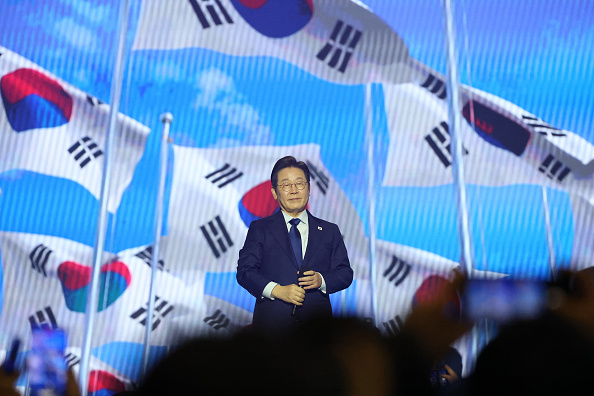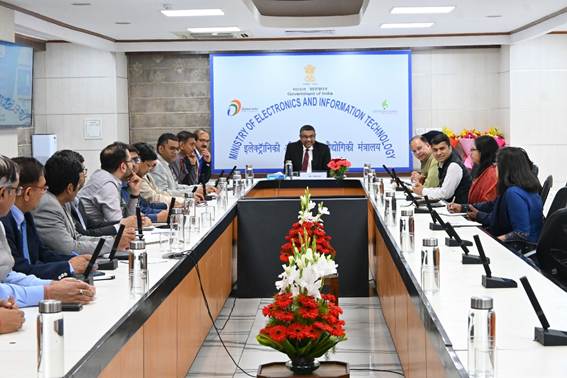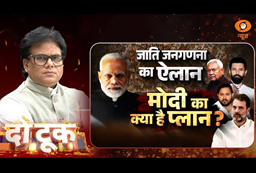South Korea’s Supreme Court threw into doubt frontrunner Lee Jae-myung’s eligibility to run for the presidency on Thursday by overturning an earlier ruling that had cleared him of election law violation.
The Supreme Court said that Lee violated election law by publicly making “false statements” and ruled to send the case back to the appeals court.
The ruling could undermine Lee’s credibility to be on the ballot and further deepen divisions in society, after months of political turmoil that have hampered efforts to steer Asia’s fourth-largest economy through the choppy waters of U.S. tariffs.
“The defendant’s remarks… were judged to be false statements on matters important enough to ruin voters’ accurate judgment on the defendant’s eligibility for public office,” said Chief Justice Jo Hee-de.
While the Supreme Court moved unusually fast to consider Lee’s election law case, it gave no deadline for the appeals court, which usually takes months to revisit rulings. It was unclear if a decision would come before the June 3 election.
Lee, who has denied any wrongdoing, said he had not expected the verdict to play out this way but pledged to follow the will of the people.
“This is bad news for the Democratic Party and candidate Lee Jae-myung,” said Shin Yul, a political science professor at Myongji University.
“The appeals court will decide whether to disqualify him to run for office or not, but the Supreme Court in effect found him guilty. This is a blow to Lee. Moderate voters, 10% of the total, will be swayed by this news.”
Lee is embroiled in several criminal trials, but the election law case has been in the spotlight because if the appeals court finalises a guilty verdict in line with the Supreme Court’s decision, it would bar him from contesting elections for at least five years.
The Supreme Court made its decision about a month after prosecutors appealed an earlier court’s clearing of Lee for violating the election law, moving very quickly for the top court which can take a year or more for a decision.
Lee’s support in the polls for the snap election had been buoyed when as opposition leader he stared down a short-lived martial law declared by former President Yoon Suk Yeol on December 3.
He climbed the National Assembly’s walls to avoid security cordons deployed on Yoon’s orders and also livestreamed his exploits, urging viewers to come to parliament and demonstrate to prevent the arrest of lawmakers.
It was unclear if the Democratic Party had any contingency plan for another candidate who could be brought in to replace Lee.
Meanwhile, South Korea’s acting leader Han Duck-soo resigned on Thursday ahead of his anticipated run for the presidency.
Prime Minister Han looks set to contest the election so he can leverage his higher profile since being thrust into the top post after the removal from office of former President Yoon.
(Reuters)




















